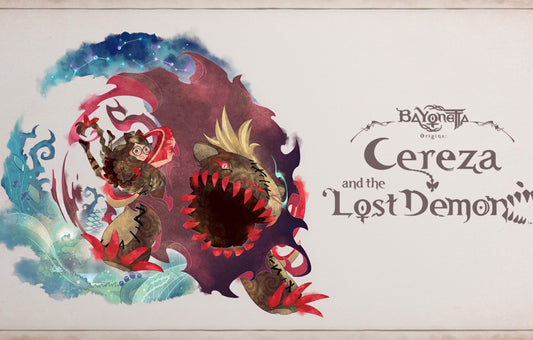Horror games have been a popular genre in the gaming industry for decades. These games are designed to induce fear, anxiety, and terror in players by immersing them in a frightening, often grotesque, virtual world. But why do people willingly subject themselves to such emotional discomfort? The answer lies in the psychology of horror games.
An Adrenaline Rush
One of the primary reasons people are drawn to horror games is the adrenaline rush they provide. When people are frightened, their body's "fight or flight" response is triggered, causing a surge of adrenaline and other stress hormones. This physiological response can be addictive for some, and horror games provide a relatively safe and controlled environment for people to experience these intense emotions.
A Sense of Control
Another reason horror games can be appealing is the sense of control they provide. In many video games, the player is in complete control of the character's actions, and this is particularly true for horror games. Players have to navigate through the game's world, solve puzzles, and defeat enemies, which can be empowering and satisfying. Additionally, the player's actions directly impact the outcome of the game, adding an element of agency that can be missing in other forms of media.
Curiosity
Horror games also tap into our innate curiosity about the unknown. Humans are naturally curious creatures, and the unknown can be both fascinating and terrifying. Horror games often use this to their advantage by creating a sense of mystery or uncertainty, which can be compelling for players who want to uncover the game's secrets.
However, not everyone enjoys horror games, and there are a few reasons why. For some, the fear and anxiety induced by horror games are simply too overwhelming. These individuals may be more sensitive to stimuli or have a history of anxiety or trauma, making them more susceptible to negative emotional responses. Additionally, horror games can sometimes be graphically violent, which can be disturbing or triggering for some individuals.
A Sense of Escapism
Another reason why horror games can be appealing is their ability to provide a sense of escapism. In today's world, people often experience stress, anxiety, and fear in their everyday lives. Horror games offer a way to temporarily escape these stressors by immersing players in a completely different world. This can be a refreshing break from reality, allowing players to engage with their emotions in a safe and controlled way.
Immersive Storytelling
Furthermore, horror games often use immersive storytelling to keep players engaged. The narrative can be just as important as the gameplay mechanics, and many horror games have been praised for their compelling storylines. Players become invested in the characters and their struggles, adding an emotional dimension to the horror experience.
Social Bonding
Finally, horror games can be a form of social bonding. Many horror games are designed for cooperative or multiplayer gameplay, allowing players to experience fear and terror together. This shared experience can be a bonding moment, bringing people closer together as they work towards a common goal.
However, there are potential negative consequences to playing horror games, particularly for younger or more vulnerable individuals. For example, excessive exposure to violence and gore can desensitize players to real-world violence, making them more likely to engage in aggressive behavior. Additionally, the fear induced by horror games can lead to long-term anxiety or phobias, particularly in individuals who are already predisposed to anxiety or depression.
In conclusion, horror games are a popular and complex genre in the gaming industry, appealing to individuals for a variety of reasons. They provide an adrenaline rush, a sense of control, and a way to escape reality, while also offering immersive storytelling and social bonding opportunities. However, it's important for individuals to be aware of the potential negative consequences and make informed decisions about whether or not to engage with horror games. Ultimately, the psychology of horror games highlights the complex relationship between fear and entertainment, and the ways in which gaming can be used to explore and confront our deepest fears.





